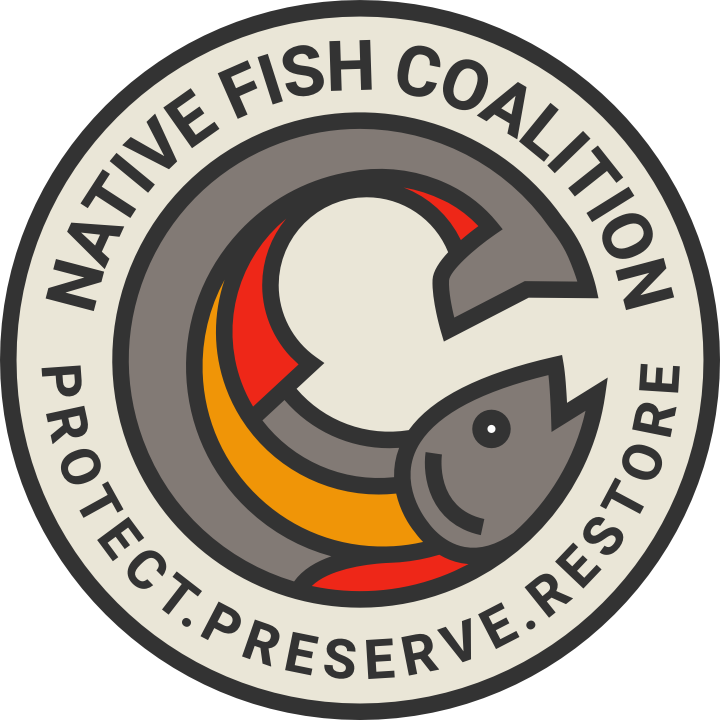According to New Hampshire Fish and Game Bass are Not Invasive...
“Bass are generally not considered “invasive” these days. They have been present in New England now for over 150 years and are more popular than trout with the angling public.”
Responding to a link sent to me by three different anglers from three different states, I was stunned, disappointed, but unfortunately not surprised to see New Hampshire Fish and Game defend their protective regulations on nonnative bass by saying they were not invasive.
“As of yesterday May 15, all largemouth and smallmouth bass MUST be released alive when fishing. Also, only artificial lures and flies may be used when fishing for bass, no bait. The catch-and-release rule is in effect through June 15 and is designed to protect spawning bass.”
They went on to say that nonnative bass are more popular than native trout with anglers, implying that angler preferences at the species level is more important than aquatic system ecological health and wild native fish conservation. And to be clear, a species does not become non-invasive, or even less so, simply because it’s been here for some period of time.
To be clear, NH is a state that has lost its wild native brook trout from most ponds, almost all large lakes, most rivers, and many streams. And while there are other factors such as habitat degradation, much of the loss can be attributed to nonnative fish, both stocking and self-sustaining.
There are just three formally designated wild brook trout ponds statewide, and a few others that are not formally recognized. I cannot think of a large lake in NH that still has its wild native brook trout. And with a couple of exceptions, most rivers in NH no longer support wild native brook trout at any notable level.
Maine is losing important wild native brook trout waters to nonnative bass. This includes the fabled Rapid, Kennebec, and Dead rivers, along with lesser known but equally important rivers such as the Denny’s in Downeast Maine which is also home to critically endangered Atlantic salmon.
“In recent years, bass have been illegally introduced into some northern Maine waters, which has threatened several native fish species. As a result, the Department does not actively manage bass populations in northern Maine, and we allow unlimited harvest with no size restrictions.”
Challenging the invasive status of bass simply because they have been here for a century and a half is reckless, inaccurate, and flies in the face of science, responsible stewardship and fair play. This position is biologically unsound, misleading, and socially dangerous as it sends the wrong message.
In addition to what is happening in Maine, and has already happened in New Hampshire, Vermont, Massachusetts, Connecticut, and other states, smallmouth bass are now imperiling the fabled Miramichi River, arguably the most famous Atlantic salmon water on the continent.
Here’s what the lead fisheries biologist in Yellowstone National Park says about bass. By most standards, no one does a better job of managing their fisheries than the park:
“Smallmouth bass are an invasive predatory species that will threaten our wild and native trout populations if they become established in the upper Yellowstone River.”
When it comes to fisheries management, New Hampshire is doing a lot wrong and far too little right. And while we have seen some minor improvements at the small stream level, driven as much by problems at the hatchery as anything else, the general trend is concerning. The state recently allocated $55-million to hatchery upgrades and expansion.
The Wild Trout Management program, the only formal program of its kind in the state, is stalled out as just 16 waters statewide, hasn’t seen any additions for 15 years, and is at imminent risk of going away. Stocking over wild native fish is not at all uncommon, and very few wild native trout receive any protection beyond the legal minimum which is 5-fish-a-day, no length limit and unrestricted tackle.
It’s time for NH’s fish, wildlife and general conservation advocates to start working together to address what is a growing problem in regard to the preservation of wild native fish. There can be no denying that what is happening is wrong, or that it is getting better, and what folks are doing now clearly isn’t working.


